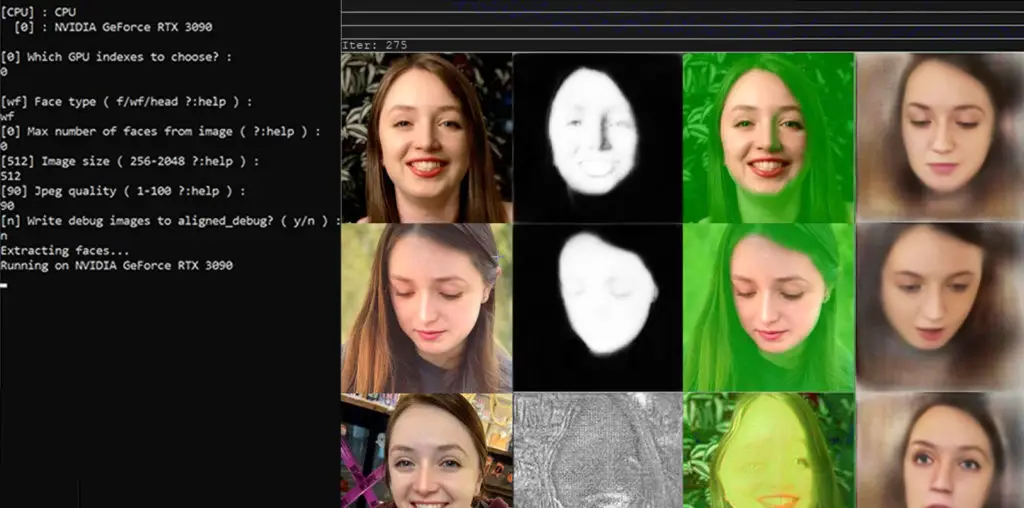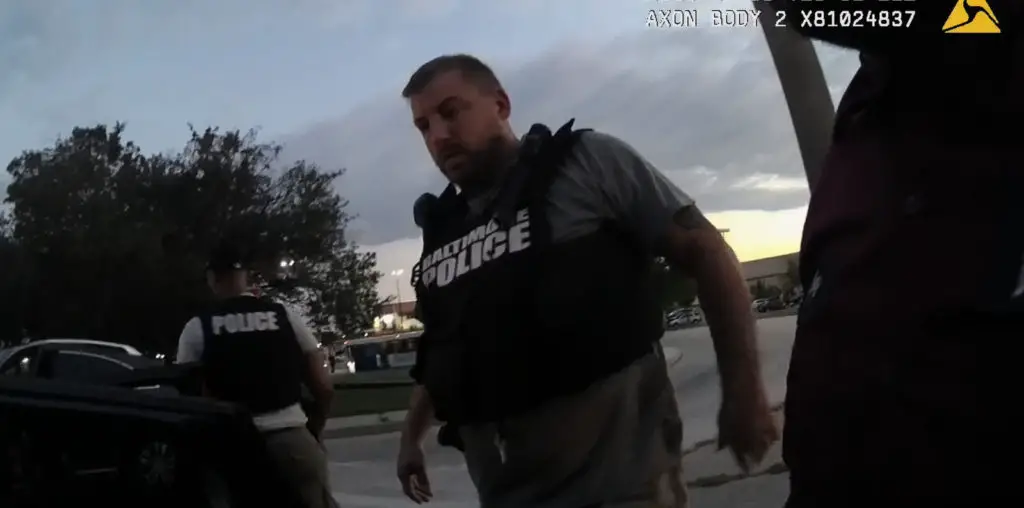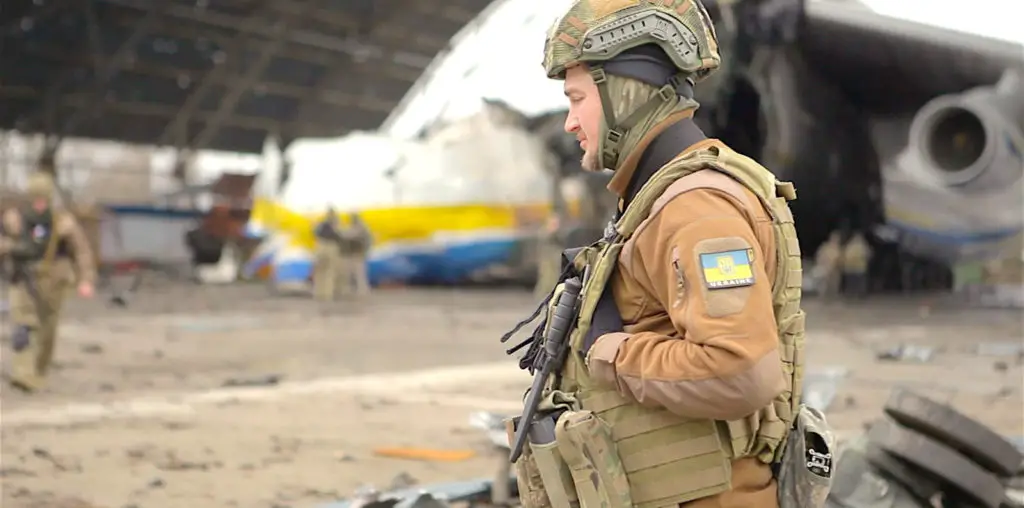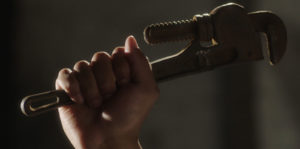
Michael Neelsen’s crime documentary, Beyond Human Nature, is one of those stories that will sneak up on you from behind and make you think about the American justice system. It revolves around the 1992 murder of Green Bay native Tom Monfils. Monfils was found dead at his job at the James River paper mill, drowned in a pulp vat with weights tied around his neck. Six of his co-workers would be eventually convicted of Monfils’ murder and given life sentences.
Dubbed The Monfils Six, the case against them was based on a recorded phone call to the police accusing one of the six, Keith Kutska, of stealing mill property as motive and an eyewitness placing all six men at the location of the murder. In addition, the six claimed that Monfils had simply disappeared that day. The story of Monfils’ murder and investigation is vast and covers many of the problems of the justice system, especially in the 1990s. At that time (and probably still today), it was more important to get a murder conviction than to uncover the truth. The lead investigator was Detective Sargeant Randy Winkler, who many accused of being unlikeable and coercing or inserting testimony from witnesses to get an indictment.
The conclusion of Beyond Human Nature is the most harrowing. Neelsen sets in motion the idea that The Monfils Six were unjustly convicted of their crimes based on Winkler’s dodgy investigation, the unlikely possibility that the murder could have happened as described and without leaving a single piece of forensic evidence, and lastly, Monfils’ state of mind the day he disappeared. It’s hard not to walk away from this film believing these men are unjustly serving life sentences.
There are a million crime documentaries, but this is unique. The main reason is Neelsen’s interview with lead investigator Winkler. The other subjects, including Monfils’ brother Cal, portray him as the villain. What I found fascinating was everyone’s description of Winkler versus how he presents himself. Unlike the interview with the District Attorney, who has to defend his decision to prosecute, you don’t expect this level of perceived honesty and candor from those representing law enforcement. But, in terms of being a documentary subject, the detective is willing to wrestle with the tough question posed to him about his role in the matter.
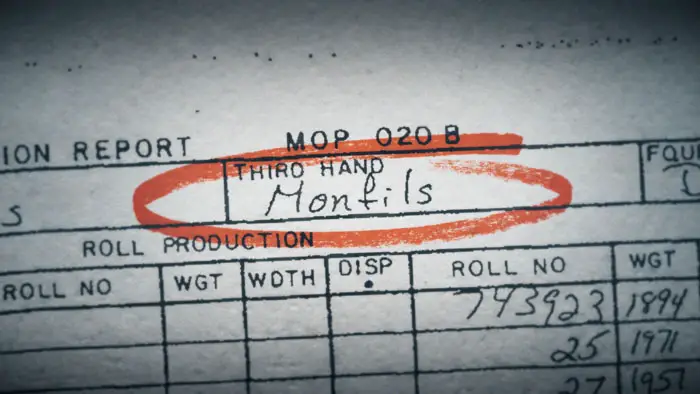
“Monfils was found dead at his job at the James River paper mill, drowned in a pulp vat with weights tied around his neck.”
Also fascinating was that the trial took place during the OJ trial. In fact, OJ’s innocence was proclaimed during the five-week trial of Monfils’ murder. The feeling at that time was that the District Attorney didn’t want to have another OJ situation, which only bolstered their case built solely on circumstantial evidence. Could the OJ debacle have skewed the jury’s deliberations?
Then, Beyond Human Nature examines the aftermath. After sentencing, defendant Mike Piaskowski was separated from the other five and sent to a different prison. Strangely, during the trial, all six men were tried together as a group. Still, separation allowed Piaskowski to appeal on his own and ultimately overturned his conviction and freedom… a luxury the other five could not take advantage of.
The documentary does the best it can without much usable source material. Obviously, no security cameras were observing the actual murder, and the trial footage comes from local Green Bay news reports. Neelsen makes ample use of animation and abstract reenactments to fill in gaps visually. The interviewees are the stars, and as mentioned before, Winkler and Cal’s insight into the case stand out.
If you’re a fan of crime documentaries or are fascinated by the grey areas of law, Michael Neelsen’s Beyond Human Nature is a sobering look at American justice at its best and worst.
For more screening information, visit the Beyond Human Nature Facebook page.
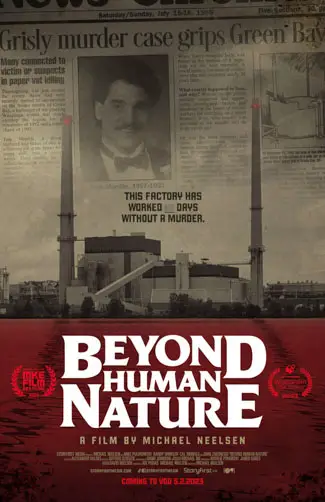
"…a sobering look at American justice at its best and worst."
